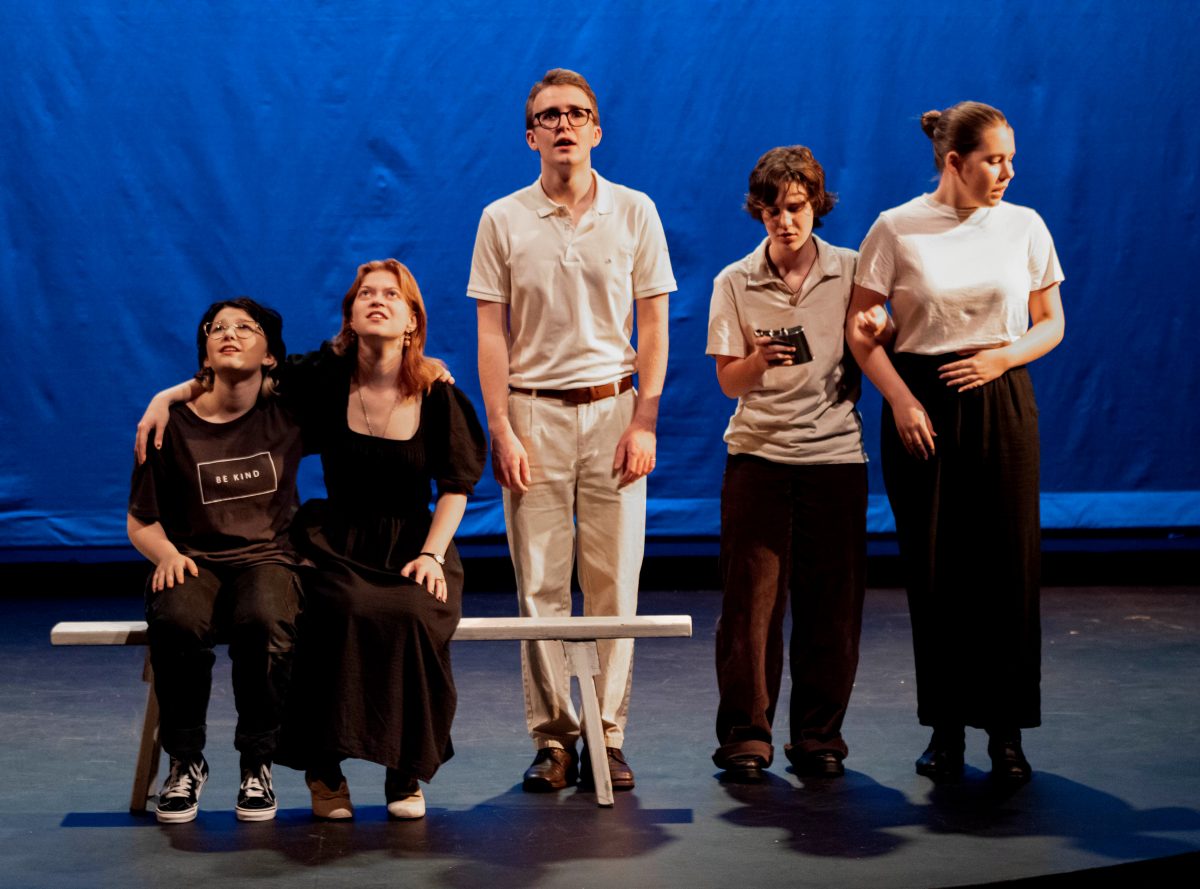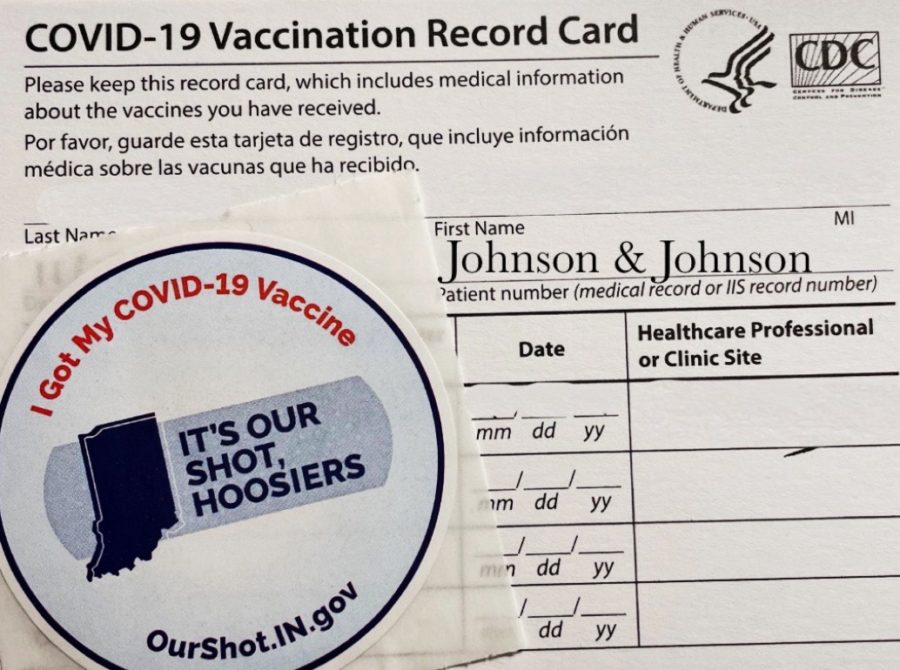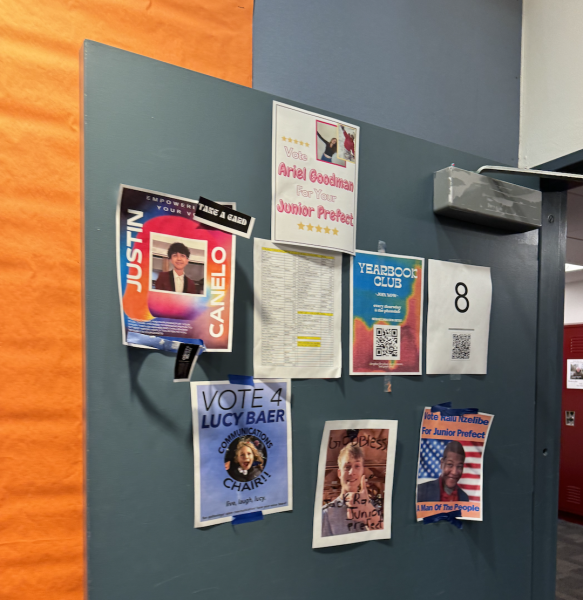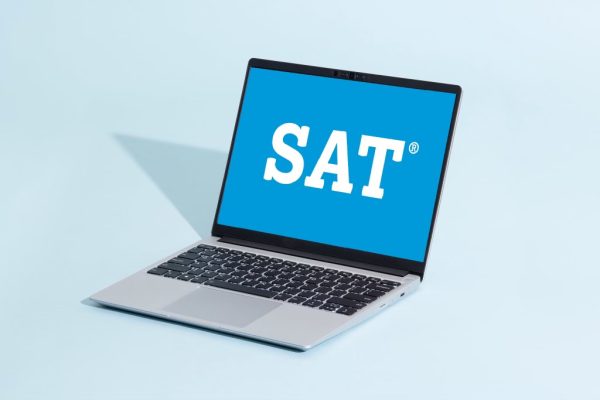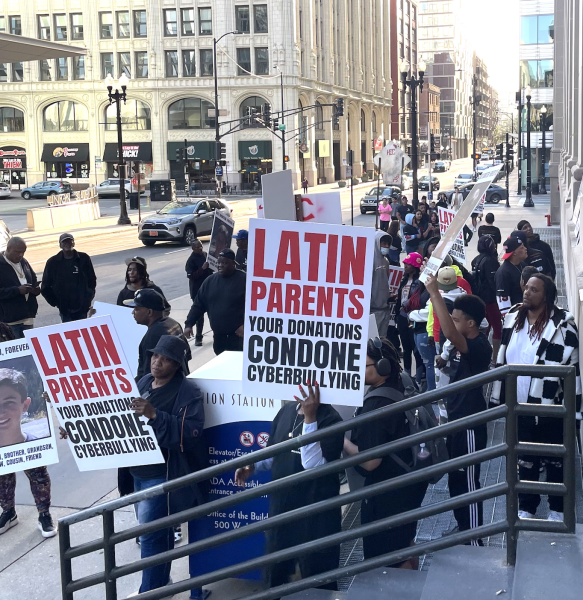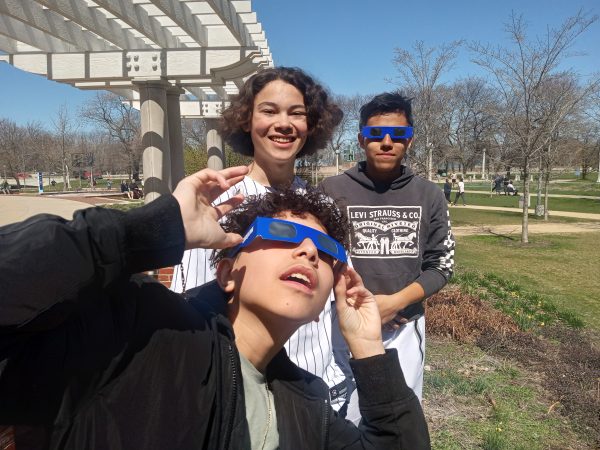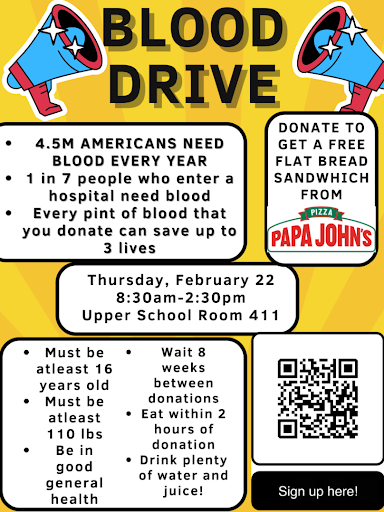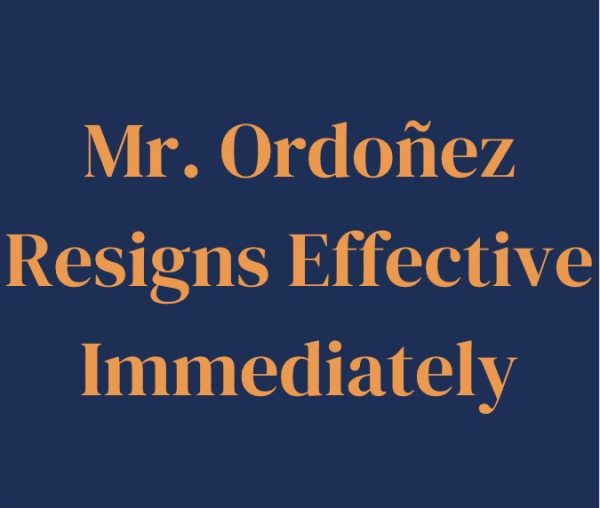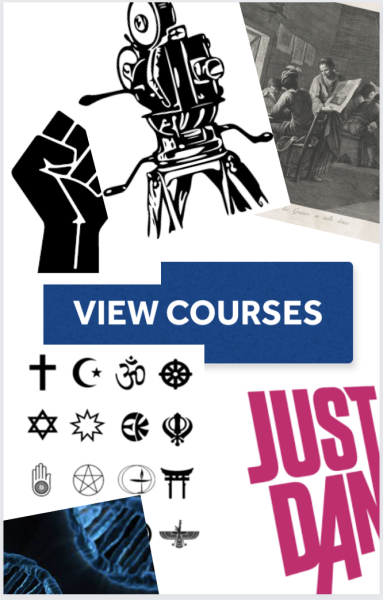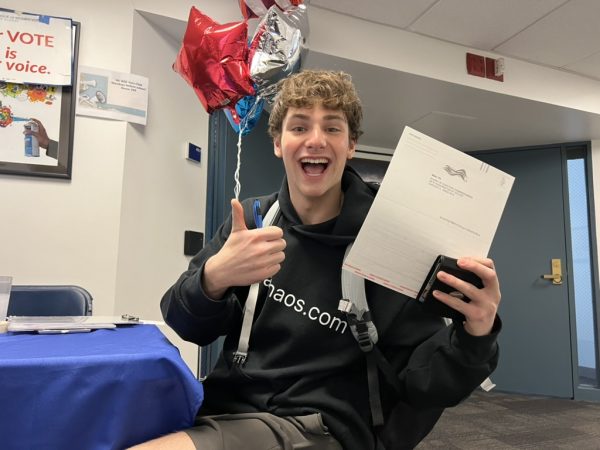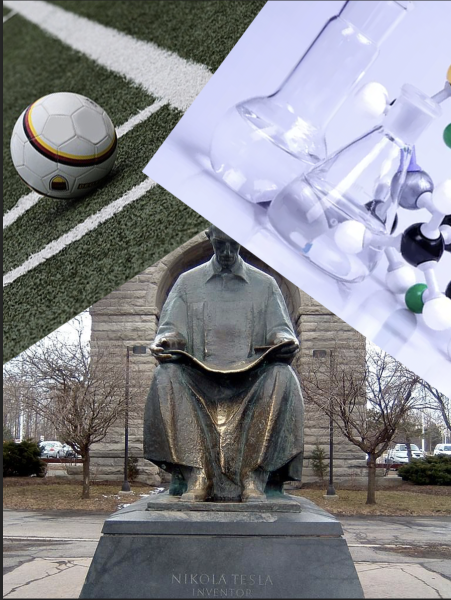J&J Vaccine Withdrawn: How does the Latin Community Feel?
COVID-19 Vaccination Record Card
On April 13, Johnson & Johnson’s vaccine for COVID-19 was paused by the federal government after six women between the ages of 18 and 48 developed blood clots one to three weeks after their shots. The pause was considered somewhat controversial, as there were only six reports of people getting these blood clots out of more than 7 million people who received the vaccine. The consequences, however, were quite serious for these women, one of whom died while another was hospitalized in critical condition.
Some members of the Latin community—and many college students—received the Johnson & Johnson vaccine before the news broke. Several colleges and universities had been offering the Johnson & Johnson vaccine to students given its “one-and-done” administration, which was helping with colleges’ goals of having all students vaccinated before the conclusion of summer break. Unfortunately, though, the national pause forced universities to bring the vaccine to a halt.
So how do college students and Latin parents who have received the Johnson & Johnson vaccine feel after hearing the news about side effects? Additionally, will the news about the Johnson & Johnson vaccine further general vaccine hesitancy?
Sue Bettman, a parent of current Latin juniors and recipient of the Johnson & Johnson vaccine, noted, “I got the Johnson & Johnson vaccine because it was the most accessible option, and I liked the convenience of one shot.” In terms of the reports of problems with the vaccine, she said, “I was certainly very interested and a bit concerned by the news of the blood clots. I am very concerned that the news about the Johnson & Johnson vaccine will detrimentally impact people’s willingness to get any of the available vaccines. My hope is that people understand that the benefits of vaccines far outweigh the risks.”
Like Ms. Bettman, Kim Ruhana is a parent of another Latin junior and a recipient of the Johnson & Johnson vaccine. She said, “My doctor advised her practice to get the first shot available, and for me, that was the Johnson & Johnson vaccine.” Ms. Ruhana shared her reaction to the news, saying, “Initially I was not concerned, as the rate is literally one in a million, [but] when I found out that all of the women who developed blood clots have low platelets, as I also do, I took it more seriously.” Ms. Ruhana said she had no serious ill effects from the vaccine. “My overall experience with the Johnson & Johnson vaccine has been positive; I had a slight headache and felt tired the next day, [but] nothing that couldn’t be cured by a nap and Advil.”
Latin alum and current Wake Forest University junior Atman Satpathy ‘18 spoke about his experience with the Johnson & Johnson vaccine as administered by his university. “The Johnson & Johnson was the only option at my college during the week I got the vaccine. I would have preferred it anyway, since I like the finality and convenience of getting a single shot, despite the increased symptoms I was warned about and experienced.” Regarding the news about serious side effects from the vaccine, he said, “I did not stress too much about the news regarding blood clots. I saw how small the percentage was, and I do more dangerous activities statistically all the time. My philosophy is you can’t live your life constantly worried about outcomes that have such a minuscule chance of happening.”
Caroline Michaud, a freshman at Colgate University, had a similar experience to Atman. “I [originally] had an appointment to get the Pfizer vaccine,” she said, “but when my college offered the Johnson & Johnson vaccine, it was closer, easier, and only required one dose.” Upon learning of its withdrawal the day after she received the vaccine, Caroline said, “The news was disconcerting, but upon further reflection I realized the risk is so low and other medications that I take have a higher risk of getting blood clots, which I had never even thought about.” Caroline expressed concern that the news about the Johnson & Johnson vaccine could affect others’ willingness to receive any COVID-19 vaccine, saying, “I think the news definitely increases skepticism and pushes people who were on the edge against getting the vaccine.” She added, “The more the population gets vaccinated, the more people will realize that it is safe and that they should get it.”
Latin junior Cesar Blas received the Pfizer vaccine and shared his thoughts on Johnson & Johnson. He said, “I thought the withdrawal of the Johnson & Johnson vaccine was a bit worrisome, and seeing [its] side effects definitely brings up a bunch of questions about the vaccines and how safe they are. I am glad that I did not get the Johnson & Johnson vaccine, but, if it was the only vaccine left, I think I would get it.”
On April 23, the pause on the Johnson & Johnson vaccine was officially lifted, and it was announced that the vaccine will now include a warning label about the potential for extremely rare blood clots. There have now been 17 reported cases of blood clots—still a tiny fraction of the 8 million people who have received this vaccine.
Atman noted that the Johnson & Johnson story doesn’t help the cause of getting everyone vaccinated. “I think vaccine hesitancy and anti-vaccine sentiment is a major problem in our country, and, unfortunately, stories like this, despite their minimal chances of reoccurring, will be fed into an ecosystem where they are amplified and used to push an alarmist agenda,” he said. “I hope that vaccine cards are required in a few months at most industries, since it is better for everyone if everyone who can get vaccinated is.”
Ms. Ruhana said, “It will be interesting to see what happens now that the CDC has lifted the pause on administering the Johnson & Johnson vaccine.”

Lily “Pickle” Coleman (22’) is a senior at Latin and is thrilled to be serving as Media Editor this year. In her time on The Forum staff, Pickle...






























